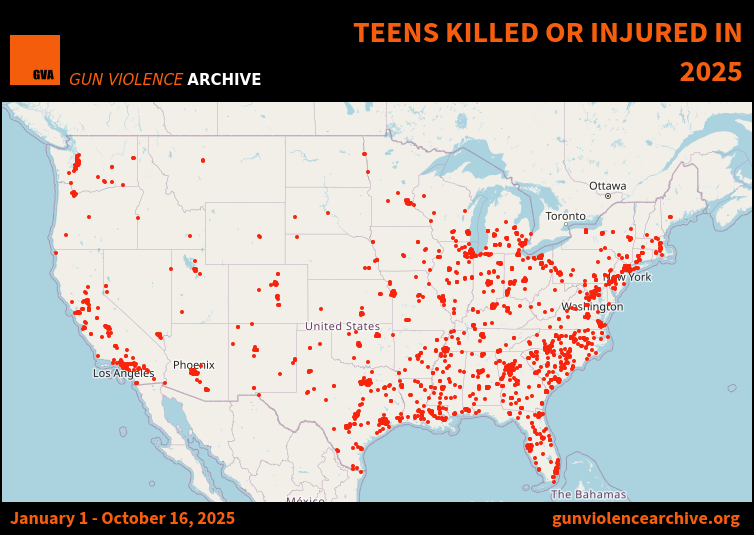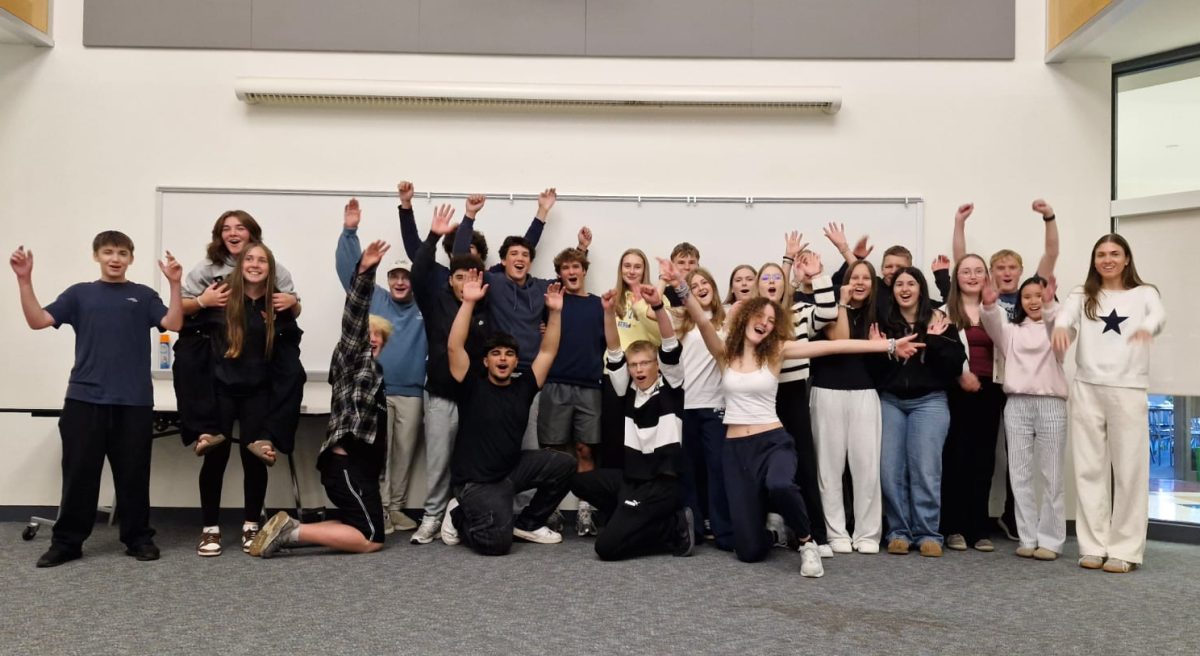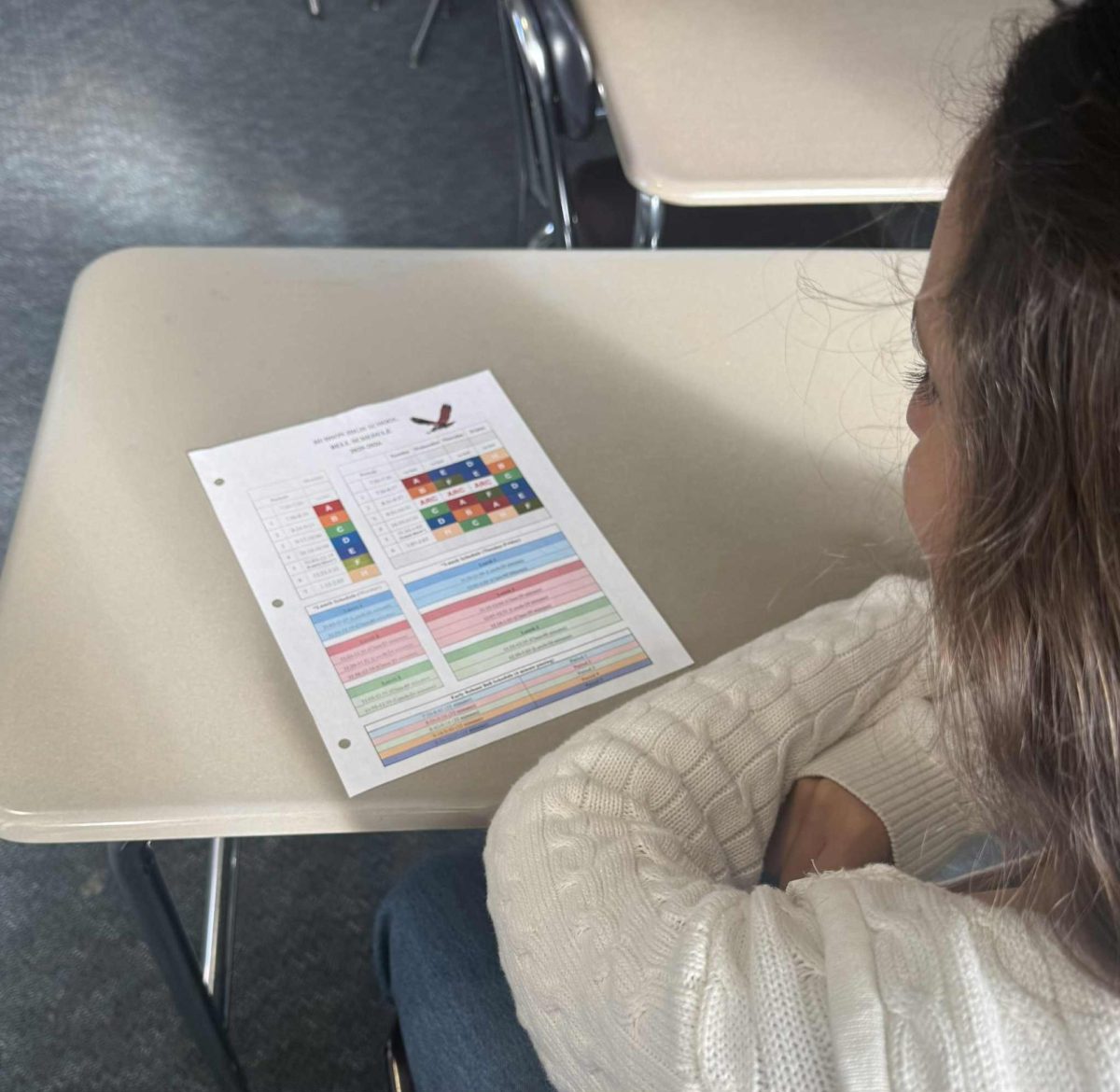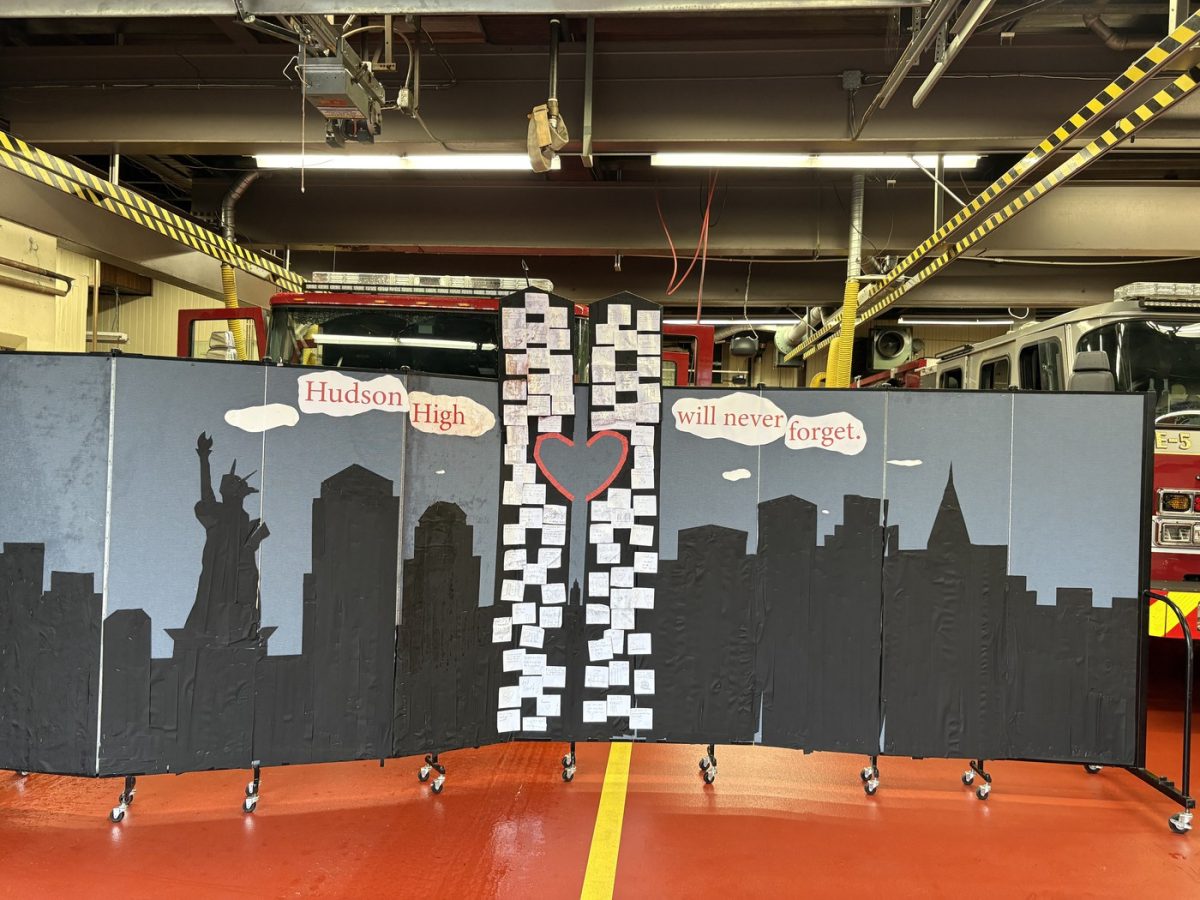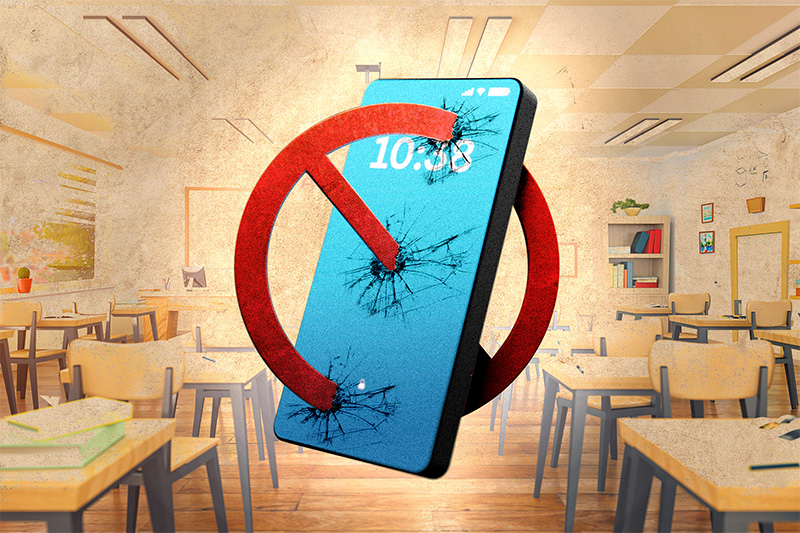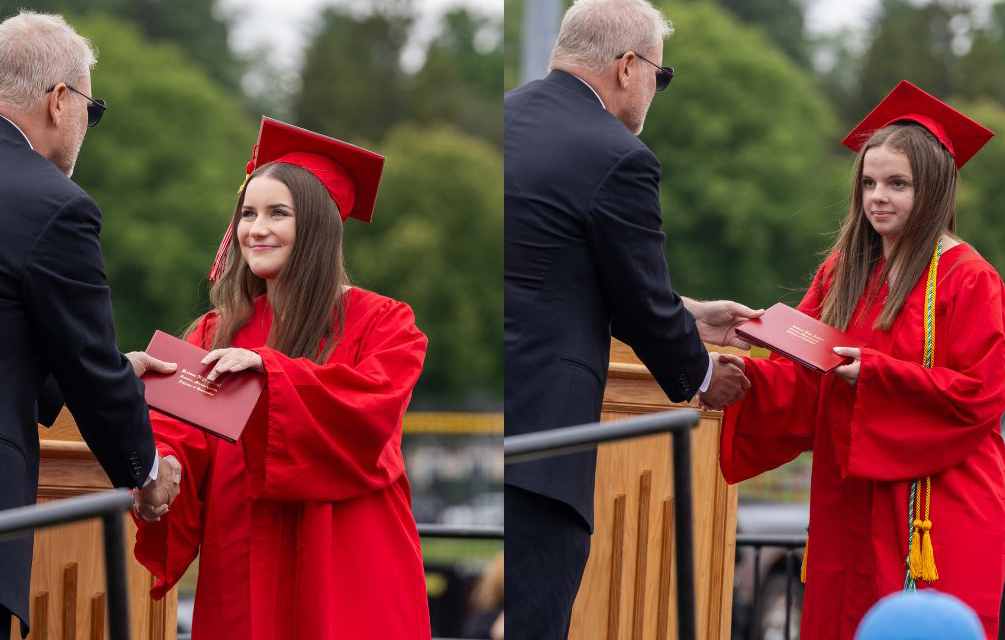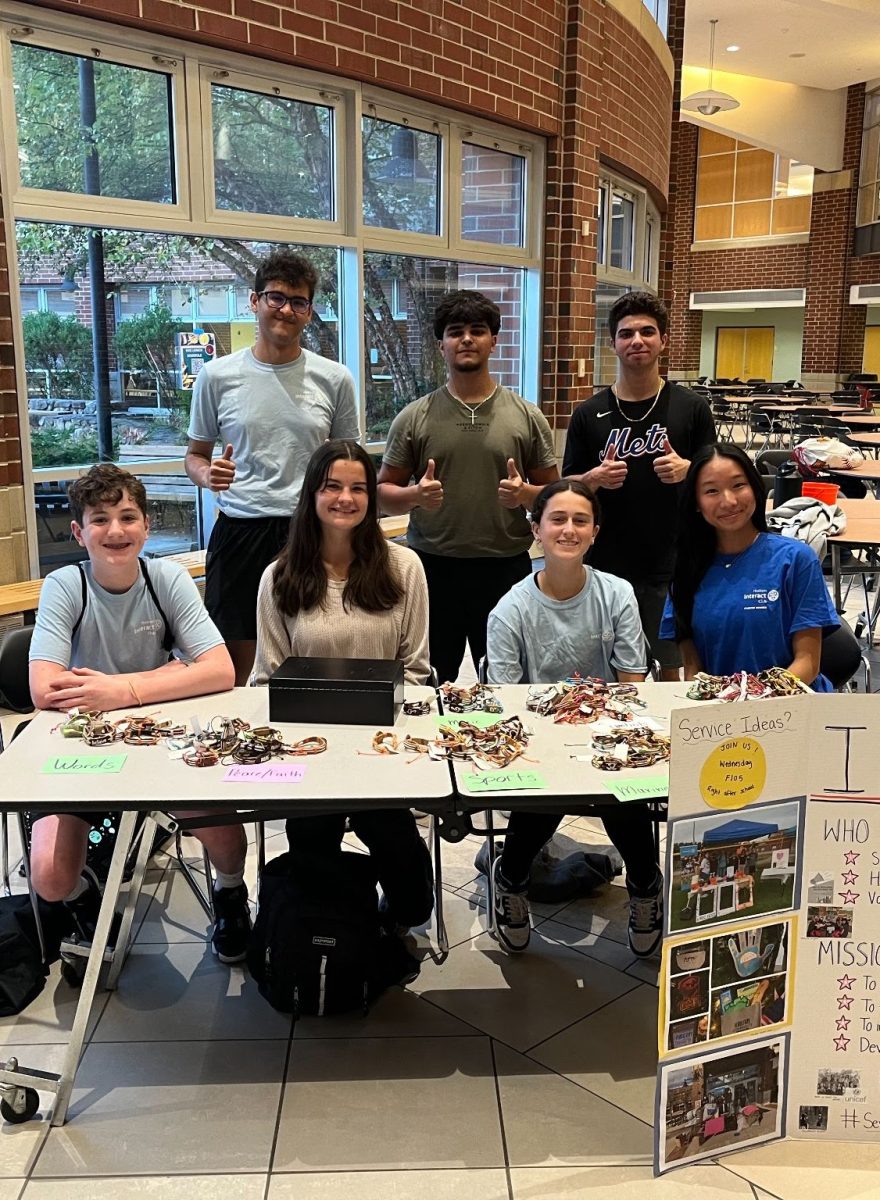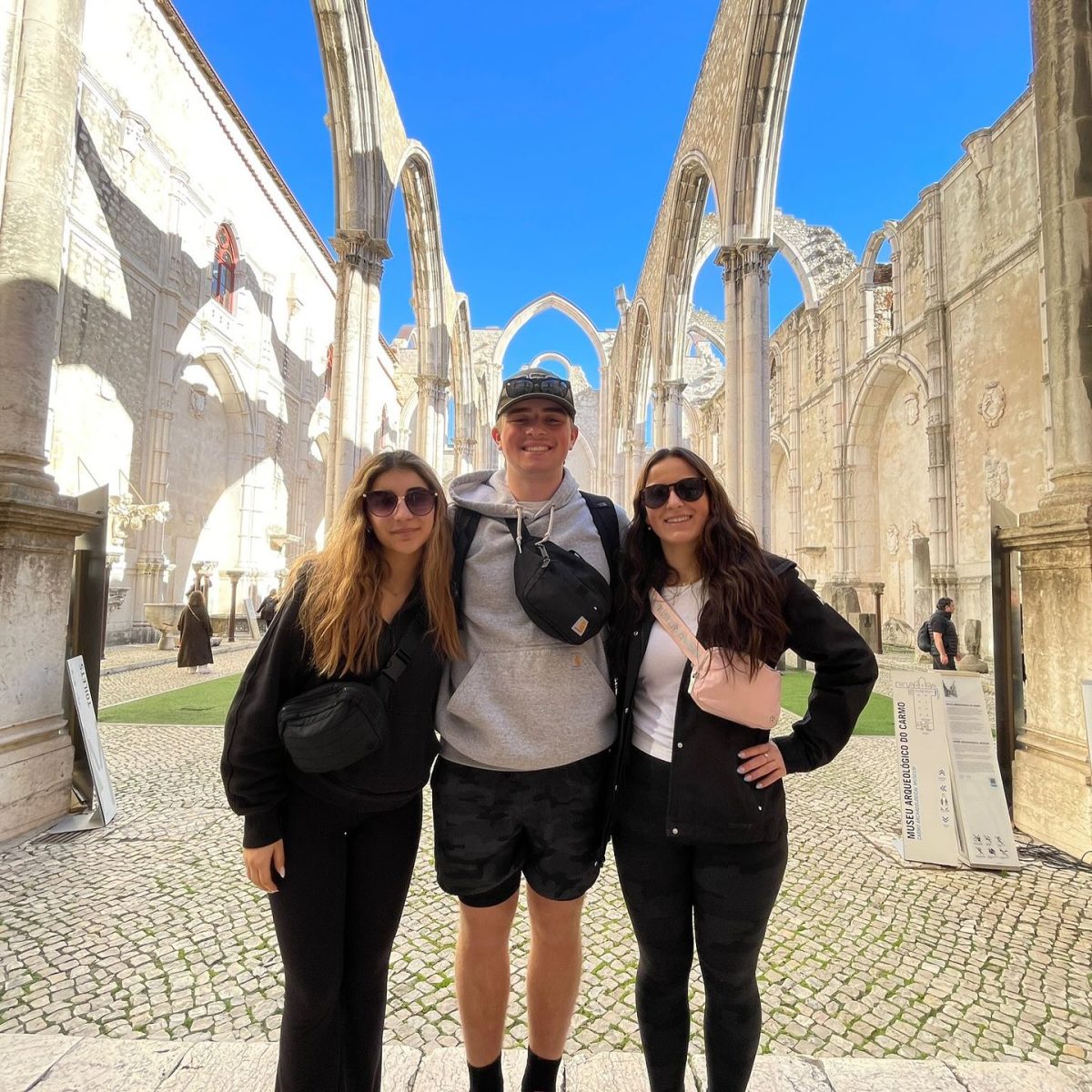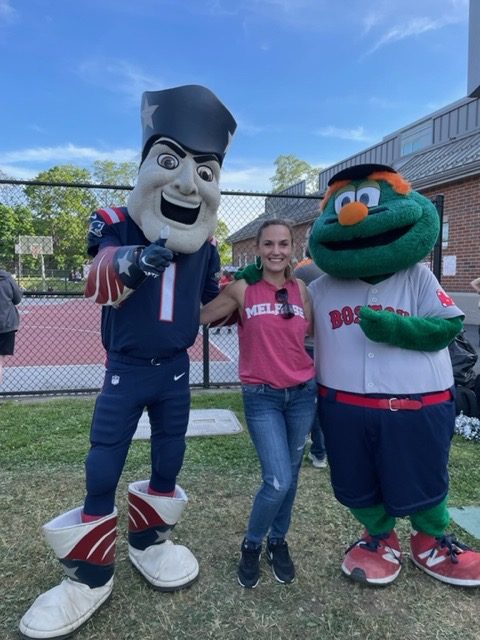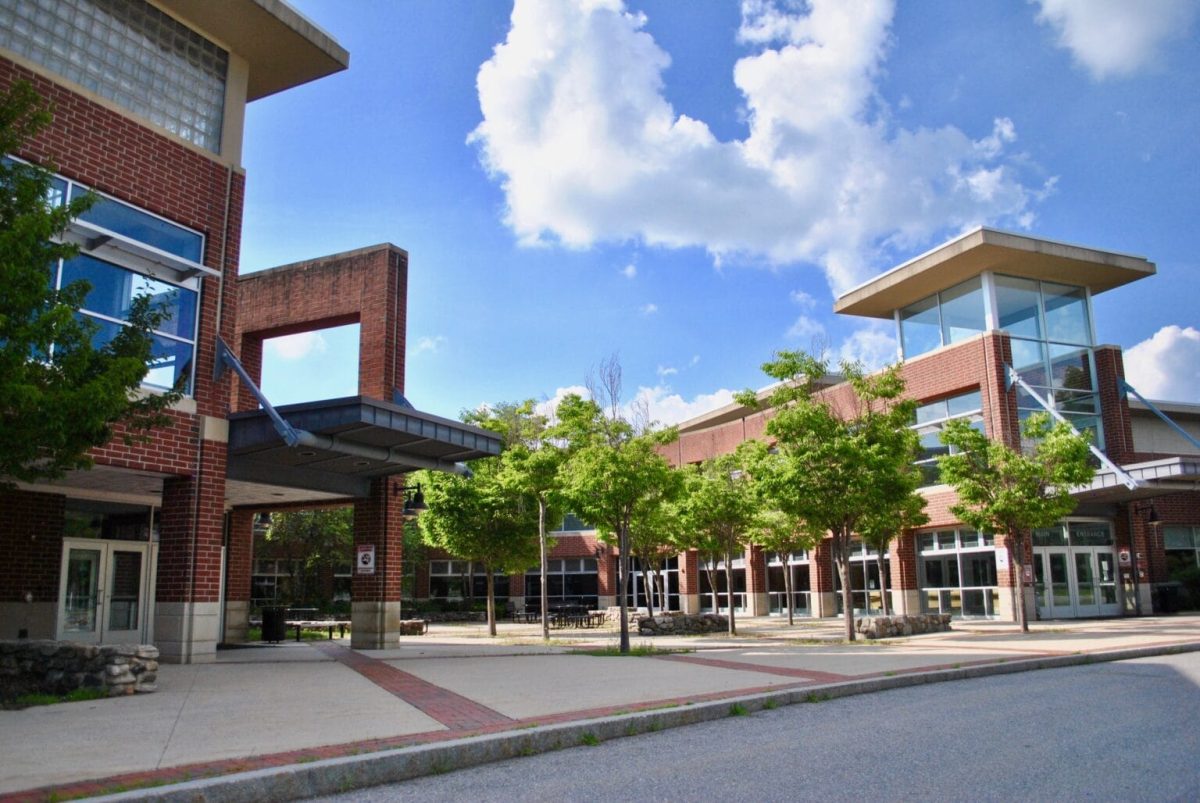by Jordan Cullen
Fifth grade history teacher Leslie Williams reflects on her 29-year teaching career. She reflects on her work at Farley Elementary School and Quinn Middle School as well as her teaching philosophy.
What got you interested in teaching?
When I was a kid, I grew up in the 50’s and 60’s, and my parents sent me to a parochial school. It was a terrible experience. I was a very good student, and thank goodness I was a very good student because they were very harsh. It was run by the nuns, and however you feel about that, they were very cruel. Their idea of getting kids to be successful was to sort of humiliate them and brow beat them if they were kids that sort of learned differently. I never had any problem with them because I was a very good student, and if you were a good student, you were pretty much okay.
But from a very, very young age it occurred to me that this a terrible way to go about enticing children to learn anything. So as I continued on I eventually went from K to eight, and then I went to a public high school. It had been my first experience in any kind of public school, and I saw examples of people who really seemed like they liked the kids that they were teaching. It was very weird in my head, but I knew that it was something that I thought that I could do. I had always sort of wanted to be a nun or a teacher.
When I was a very little girl, I used to put a towel on my head as my nun habit, but the nun thing after my school experience was like, “ No, I’m not doing that.” So teaching was always something that I wanted to do, so that’s why I became a teacher because I knew I never wanted other kids to be treated that way I saw other kids being treated.
How long have you been teaching?
I have been a licensed certified teacher in the state of Massachusetts for 43 years. I was home with my kids for a while, so altogether it’s about 29 years teaching.
What is something you have learned from teaching?
I’ve learned that people learn in very different ways. To be really effective at what you do, you have to honor and respect the fact that kids work differently, and you have to provide an environment in which all kids, no matter how they learn, can feel successful. And a lot of that has to do with differentiating the kind of material that you’re presenting to them. Making kids feel like they are important to you, and you are important to them. It’s a lot of emotional coaching, along with teaching them what I am supposed to teach them. So it really is, sort of, a journey. It is an emotional journey.
When I went for my Masters degree, I wanted to take something that I didn’t know something about, and I went in 1999. At that time computers were just beginning, and I really wanted to get a Masters degree in some kind of computer programming. So I was accepted into a program at Cambridge College, and there were only 18 of us. It was a very accelerated program. It was for about 11 months. It was the hardest thing I had ever done and it was the first time that I really understood what it is. It is so powerful to me because I understood what it was like to be a kid, looking at me and not having any idea what I am talking about. So it really kind of changed and kind of flipped a switch in me that there needs to be another way. I needed to anticipate those reactions and change the way I sort of delivered what I was trying to deliver.
What is something that you have learned from your students over the years?
Patience, humility, kindness, humour, a lot of patience. I’ve learned that my expectations of kids can’t be based on what I see in a seat every day. You have to get to know the whole kid. Every kid comes in, and you’ve had a lousy day, or you had a fight with your mom or something is going on right now or your dad’s gone. All of that affects how a kid learns, and you need to be knowledgeable about that, but you also have to be really empathetic and understanding.
Why did you choose to teach younger children?
I don’t really know. Probably because of that parochial school experience that I was talking about. My perception was that the worst parts of it for me were elementary school. Once I got into sixth, seventh, eighth grade, I knew it. I understood it, and I was able to parse my way through. But I always felt terrible.
I’ll give you an example: Once a month the pastor of the parish would come, and they would have what they called paddle day. So whatever you did, if you ever did anything, and it could have been the first of the month, he could come on the 31st. He would have a chair in front of everybody, and you would go into your classroom and the kid would be put down over his lap and he would paddle them in front of everyone. And that’s a very powerful message. These are little kids. I have remembered this from a very young age.
So I think I’ve always felt this sense and sensibility for, not really, really young kids. I’ve always wanted to teach upper elementary. I did do first grade, and it was really hard because it’s a whole different way of teaching. But I think that everything that happened to me as a kid informed what I became and how and what I do what I do.
What is the biggest difference between Farley and Quinn?
Working at the elementary level is much more anxiety producing. There are a lot of duties you have to do, and there are a lot of expectations you have. You pick up your kids, and you have to walk them everywhere. It’s fascinating to me because I’m still teaching fifth grade, but fifth grade at the middle school is very different from fifth grade at the elementary school. And sometimes it works, and sometimes it doesn’t. These kids [in the middle school] go to lunch on their own; they go to their related arts on their own. So there is a lot more time at Quinn for talking with other team teachers than there ever was at Farley.
I also really love teaching one subject. I really love it. I love teaching elementary, and it circles back to your first question, had I known, I probably would have become a middle school teacher from the beginning. Young middle school, like fifth or sixth grade. I love the age. I’ve always loved the age of fifth grade, but there is an expectation in this school that ‘’You are in middle school, and you should be able to do your own lock. You should be able to get to Portuguese on your own.” That’s not the same for very kid, but I like that aspect of that. I also enjoy the concept of team time.
What would be your last statement to your students and colleagues?
I would say that I having loved every moment of it, and if I could go back and change something, I wouldn’t change a thing.

